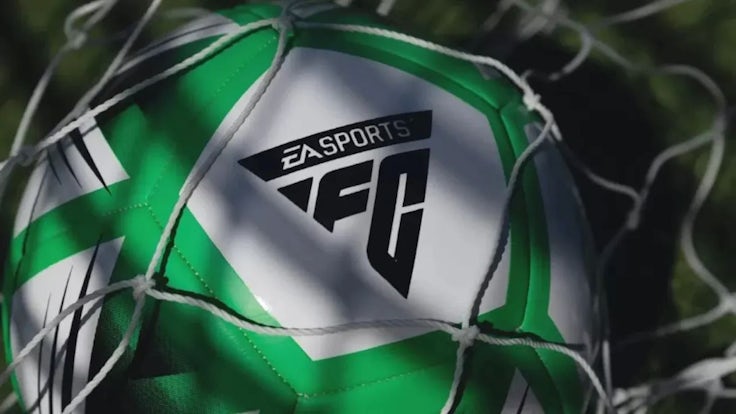‘You need strategic clarity’: PepsiCo, Vodafone and British Gas on building effective sports partnerships
With a big summer of sport on the horizon, marketers looking to make gains should consider the ‘emotional value’ of building brands via partnerships, says Lisa Walker, head of media and sponsorship at Vodafone.

Sports sponsorship isn’t cheap, but the opportunity for brands to make both long-term and short-term gains by partnering with institutions in the sports space is continuing to grow, with a flagship summer of sport on the horizon with UEFA Euro 2024 and the Paris Olympics.
However, proving the effectiveness of such an investment isn’t always straightforward.
“There’s a lot to monitor,” said Adam Warner, head of global sports and partnerships at PepsiCo, which has various different sponsorships in play for its Pepsi and Lays brands, including the men’s and women’s Champions Leagues. At its core, partnerships are set up in the hope of driving penetration, he said, though it differs from brand to brand.
“You’ve got to do it to the service of the brand,” Warner added, speaking today (16 May) at Advertising Week Europe, meaning PepsiCo brands need to show up in a “very brand-centric way”. He describes it as a “critical need” to be distinctive when sponsoring sports.
‘Loud and clear’: Why Puma is undergoing a marketing ‘transformation’ and targeting Gen Z
Investing heavily in sponsorship can impact other areas of the business, though, given the level of investment it requires. Lisa Walker, head of media and sponsorship at Vodafone, said “no secret budget” exists for sponsorship. It’s not an added extra or separate to the overall marketing spend. “If we spend more on sponsorship, we spend less on advertising,” she said. “That’s how it works.”
Sponsorship sits alongside advertising at Vodafone, “to give comparable results” across both, she added, such as brand tracking.
Vodafone was a big sports sponsor in the 1990s and noughties, before having to pull back from the channel as the “competitive set was changing” and money was tighter. This included breaking its deal as Manchester United’s shirt sponsor two years early in 2005 – a deal worth £36m.
‘An amazing brand fit’: Peroni partners with Ferrari on F1
“The reality is Vodafone had to pull out of those partnerships and probably didn’t want to,” said Warner on the disinvesting, which led to a “hole” in the marketing strategy. “We know from all of our brand tracking, going back over the last 10-15 years, sponsorship really does almost over-index in helping define your brand and give it emotional value and personality.”
It was clear to Warner that Vodafone had lost the essence of its brand emotional value and personality in the absence of sponsorship: “I just needed to bide my time to the point where we felt, yes, financially we can justify this.”
Justifying investment
British Gas turned off its sponsorship channels for a decade until 2021, with Andy Freeman, marketing director at the energy giant pointing out that “everyone’s acutely aware of the last couple of years” with the energy crisis and “consumer crisis”.
With a brand history of 200 years, he is looking at how British Gas can create “meaning and difference” in a “complex” category. Freeman joined British Gas from Santander, where sponsorship is common across the organisation. This means when joining British Gas in 2019, it was something he “wanted to do”.
This led British Gas to partner with Team GB in late 2023 ahead of the 2024 Paris Olympics in a five-year deal. “It was really about finding the right time and right properties with sports in terms of national institutions,” said Freeman, who says British Gas wouldn’t tie itself to one regional team. “If you look at Team GB and Paralympic Team GB, there’s an incredible amount of trust and we’re looking to leverage that trust to build meaning and difference in our brand.”
Why Adobe has signed a three-year deal to be the new lead Women’s FA Cup sponsor
At PepsiCo, sports sponsorship is “pretty hardwired” into the business, said Warner. The business models itself on relevance and tapping into passion points as well as reach and returns – “the three Rs”.
“These are the three reasons we’re in it, we invest heavily and we will continue to do so if we can maintain the discipline,” he added.
Offering his advice to any marketers and brands wanting to build sponsorship into the marketing mix, Warner said “you need strategic clarity”.
“Don’t rush it, these partnerships are long-term, right? You don’t want to be winding yourself out of it in a year or two when you realise you didn’t have the strategic clarity and didn’t have the right long-term investment,” he urged marketers.







